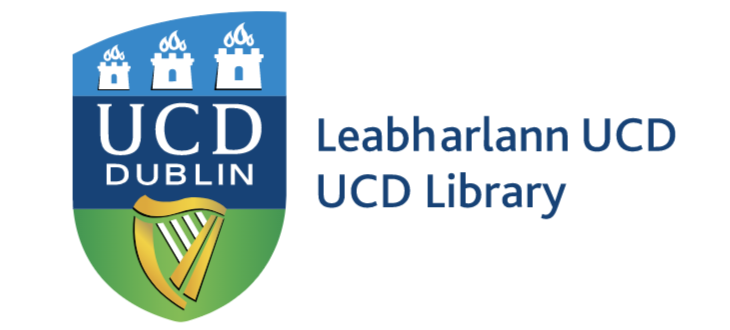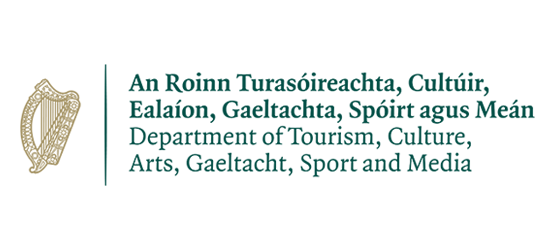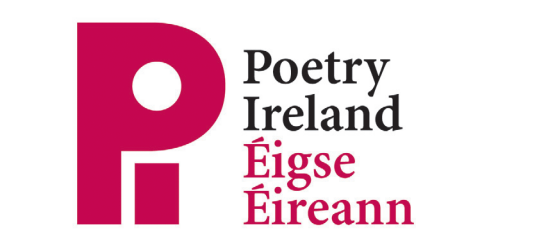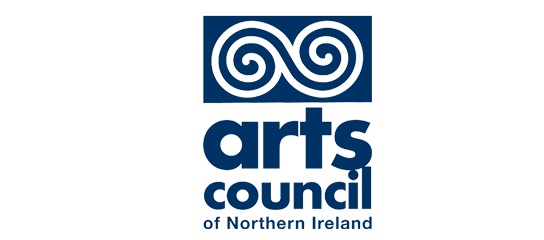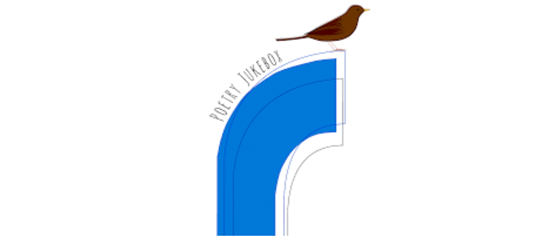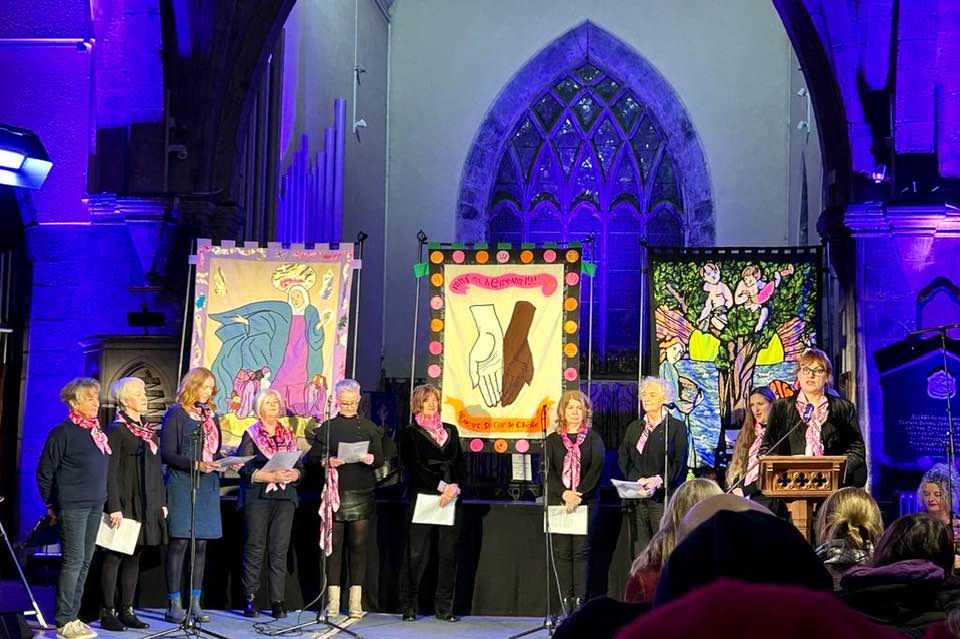
Comhrá na mBan Westside Writers Group
Emily Cullen is the Meskell Poet in Residence at the University of Limerick where she lectures on the MA in Creative Writing. Her third collection, Conditional Perfect (Doire Press, 2019), was included in The Irish Times round-up of “the best new poetry of 2019.” Emily gained a PhD in English from NUI Galway in 2008 and she is also a former Director of Cúirt International Festival of Literature and the Patrick Kavanagh Centenary. In this blog post, Emily reflects on a creative Decade of Centenaries project led by Galway City Council, Galway Public Libraries, and Galway City Museum in 2023.
‘From little things big things grow’ as the well-known Australian song goes. When I was invited to join the ‘Reflections 1923’ Decade of Centenaries project as resident poet, last August, I could not have anticipated the profound creative journey that lay ahead. Over the course of eight workshops, which I had the pleasure of facilitating at Galway’s Westside Library, historical discovery comingled with the imaginative empathy of poetry to pave the way for a rich and robust form of commemoration. The full title of the project – initiated and co-funded by Galway Public Libraries, Galway City Arts Office and Galway City Museum – was ‘Reflections: a commemoration to the Irish women of 1923’. Public participation was open to Galway-based women of all backgrounds, from complete beginners to more seasoned writers, who were interested in developing creative writing skills while exploring Irish history.
At the beginning of each session, our group reflected on three simple questions: i) what was life like for women in Ireland one hundred years ago? ii) what has improved or regressed? and iii) how far have we come in 2023? I would spread out visually striking books and historic materials on the table so that we could browse at remarkable photographs in, for example, Liz Gillis’s Women of the Irish Revolution and Sinead McCoole’s No Ordinary Women, and so we might peruse overlooked literary texts from the era, such as Earthbound and other stories by Dorothy Macardle, penned during her captivity in Kilmainham Gaol in 1923. We passed around laminated colour copies of various letters, poems and illustrated ephemera from the period, including sketches by Grace Gifford Plunkett (who was also a gifted political cartoonist). These publications and artefacts – many of which I retrieved from Kilmainham Gaol’s online repository – served as talking points during the workshops, offering a gentle approach to a turbulent historic period, that might also unlatch imaginative doors. The participants chose the name of our newly formed collective, Comhrá na mBan Westside Writers Group, to reflect the many lively conversations we shared about our national history during the War of Independence & Civil War eras and about our family stories from these times – many of which were not openly discussed in previous decades.
A cursory glance at Google throws up some stark facts about Irish women in 1923: over five hundred, between the ages of fourteen and seventy, were incarcerated in various Irish prisons that year. Comhrá na mBan Westside Writers Group was keen to investigate how exactly this came about. Another compelling question we pondered was how the equal citizenship promised in the 1916 Proclamation was diluted to such a denigrating degree in the 1937 Constitution? By what means had the infamous Article 41.2 come into legislation, positioning married women within the home and forcing many, like my own mother, to give up their beloved jobs and independent income upon wedlock? The women of 1923, especially those incarcerated, would have rightfully assumed that their activism would yield greater gender equality. How then was Irish women’s work so trivialised by the time of the 1937 Bunreacht and, ultimately, restricted for the next one hundred years? Only this March, in 2024, are we considering amending the Constitution to address this oversight, but the history of the women of 1923 still needs to be amply recognised. It is our sincere hope, however, that the resonance of our collective voices, through this project, constitutes a significant step in redressing this erasure and in making poetic reparation.
The act of blending history and art successfully takes time. As writer, Enid Shomer has noted, finding the essence for creative writing through historical research is akin to “extracting the valuable oil from flower petals.” Each of us in Comhrá na mBan has internalised a wealth of information about the birth of the Irish Free State and especially, about the brave, often pioneering contributions of women who fought for a just and equal nation true to their vision and who, ironically and insultingly, were viewed as thorns in the side of new State and imprisoned for their revolutionary actions. The journey of our creative process began with finding our own voices as contemporary poets, in initial workshops, by harnessing the rhetorical power of repetition in ‘list poems.’ A visit to Galway City Museum, where artefacts such as Cumann na mBan badges and hand-carved chess pieces revealed themselves to us, spawned our early ‘object poems’ (the latter, a pawn piece, was carved by Liam Mellows shortly before his execution). In later sessions, we delved deeper into historical research and poetic form by, for example, poring over vivid witness testimonies on the online Bureau of Military History website, and attempting to write in fixed forms. Our incursions yielded a formidable clutch of historic ‘villanelles’ and ‘persona poems’ in the voices of notable yet overlooked Irish women from 1923. The poems we ultimately composed recognised the achievements of women on both the anti-Treaty and pro-Treaty sides, including for example, poems addressed to Dr. Kathleen Lynn and Jenny Wyse-Power respectively.
My own imagination was fired by the fortitude of Grace Gifford Plunkett and her quirky demand, during her captivity in Kilmainham, for a pair of roller skates and sugary confections (in a letter she sent to her former teacher, William Orpen, which is on display in the National Gallery of Ireland’s ‘Roller Skates and Ruins’ exhibition). After the execution of her husband, Joseph Mary Plunkett just seven years earlier, Grace was still finding ways to rise above her circumstances. I imagined her voice from her confinement:
and I’m writing to ask for sugary sweets,
Player’s cigarettes, the ones with the pics
with a special request for roller skates
to exercise when it’s too wet outside to
swing my rounders bat. The skates will buoy
my spirits, raise me above cold flagstones.
When I slide my foot onto wood and wheels
and tie my ankle straps, I am buckled up.
{extract from ‘Roller Skating in Kilmainham’ by Emily Cullen)
As a group, through the power of collective conversation, reflection and creative openness, Comhrá na mBan has gained a range of sustainable poetic skills and a deeper insight and appreciation of the pivotal role played by women in shaping Irish history.
Our project culminated in a vibrant public performance – the closing event of the Decade of Centenaries 2012-2023 initiative – at St. Nicholas Collegiate Church on 7 December 2023. Eleven of us read a selection of our newly composed poems to a packed house, alongside the other artists-in-residence on this project, renowned singer-songwriter, Tracy Bruen and distinguished performance artist, Áine Philips. Tracy formed, and worked with, the multicultural Women’s Centenary Choir Galway City and Guth na mBan on various songs including two of her own compositions, and Áine formed the Dun Emer Eastside Collective which crafted a series of beautiful and inspiring commemorative banners. You can view a short film about the all the project contributors and the event in St. Nicholas’s at this link. I conceived of our poetic showcase as a fluid conversation across time, between Irish women of 1923 and our own contemporary moment, and we read individual poems while also forming a chorus to pose questions to the audience, like ‘Where do you come from Norah Healy? Who wiped you from our history?’ It was deeply moving to witness how our collective commemoration reanimated forgotten women’s lives, making the invisible visible again, and moving the audience to a standing ovation. I was unabashedly proud of each member of Comhrá na mBan Westside Writers Group, who performed their poems so powerfully – testaments to the strength, resilience and creativity of Irish women in the past and present. I would like to acknowledge and thank them again here: Bern Butler, Marion Cox, Bernadette Crawford, Nuala Ní Fhlathúin, Jean MacSorley, Sighle Meehan, Breeda Murphy, Cassie Smith-Christmas, Mary Dunne-Tobin, Anne Treacy. Glowing feedback flooded in the next day, complimenting the emotional charge of each of the poems. Comhrá na mBan Westside Writers Group is indebted to Kate Howard, Josephine Vahey, Eithne Verling, Meliosa McIntyre and many others who enabled and supported this memorable project from the outset. The boldly imaginative poems Comhrá na mBan performed on the night are now included in the Virtual Poetry Wall and it gives us pleasure to invite you to read and enjoy them.
Emily Cullen, March 2024
Poems composed by Comhrá na mBan Westside Writers Group featured on the Virtual Poetry Wall
‘Villanelle in memory of Margaret Broderick’ by Bern Butler
‘An Unmanageable Woman’ by Marion Cox
‘A Mock Up of New Wording for Article 41.2 of the Irish Constitution’ by Bernie Crawford
‘It Took Five Hours’ by Bernie Crawford
‘Roller Skating in Kilmainham’ by Emily Cullen
‘Ar Son na Marbh’ le Nuala Ní Fhlathúin
‘Katherine “Jake” Folan’ by Jean Mac Sorley
‘In Honour of Kathleen O’Callaghan’ by Breeda Murphy
‘In honour of Norah Healy’ by Breeda Murphy
‘Under her hat’ by Cassie Smith-Christmas
‘Reflections on the Irish Revolution, 1923’ by Mary Dunne-Tobin

